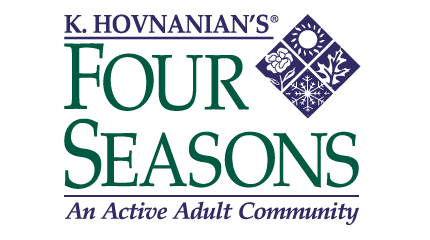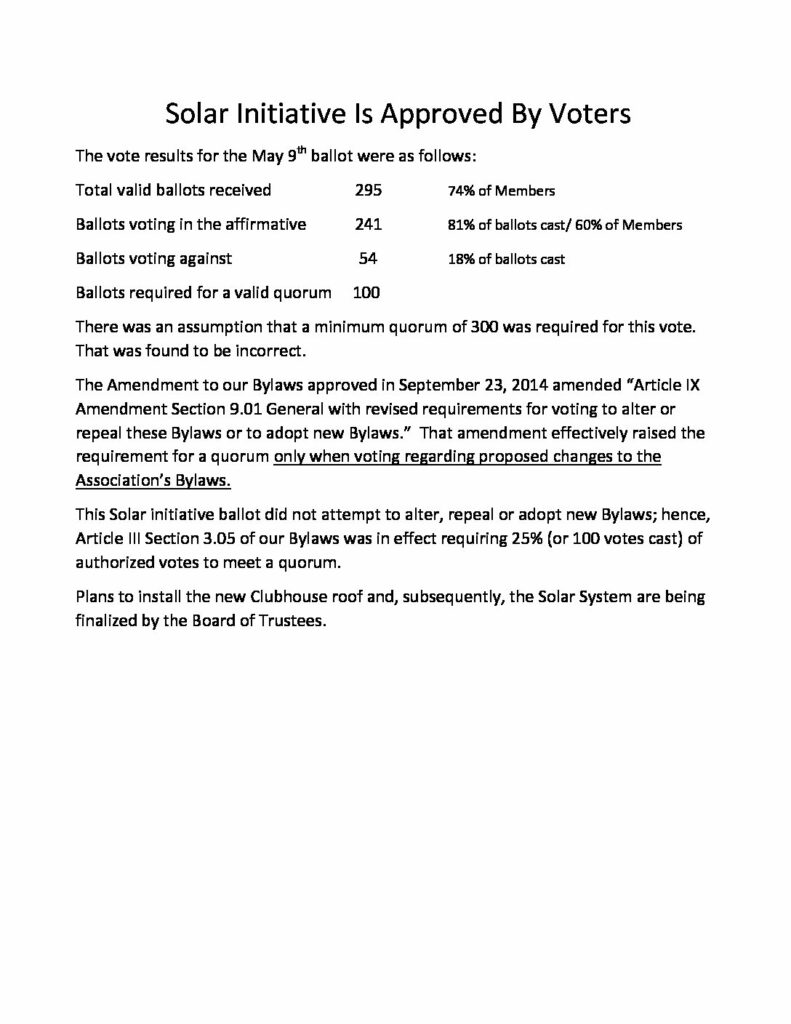The following is a reprint of information from the World
Health Organization (WHO) website. You
can find additional information and keep update to date on the WHO website: https://www.who.int/emergencies/diseases/novel-coronavirus-2019/advice-for-public
You can also find additional information and updates on
the subject on the Center for Disease Control (CDC) website: https://www.cdc.gov/coronavirus/2019-ncov/index.html
Avoid touching eyes, nose and mouth
Why? Hands touch many surfaces and can pick up viruses. Once
contaminated, hands can transfer the virus to your eyes, nose or mouth. From
there, the virus can enter your body and can make you sick.
Practice respiratory hygiene
Make sure you, and the people around you, follow good
respiratory hygiene. This means covering your mouth and nose with your bent
elbow or tissue when you cough or sneeze. Then dispose of the used tissue
immediately.
Why? Droplets spread virus. By following good respiratory
hygiene you protect the people around you from viruses such as cold, flu and
COVID-19.
If you have fever, cough and difficulty breathing,
seek medical care early
Stay home if you feel unwell. If you have a fever, cough and
difficulty breathing, seek medical attention and call in advance. Follow the
directions of your local health authority.
Why? National and local authorities will have the most up to
date information on the situation in your area. Calling in advance will allow
your health care provider to quickly direct you to the right health facility.
This will also protect you and help prevent spread of viruses and other
infections.
Stay informed and follow advice given by your
healthcare provider
Stay informed on the latest developments about COVID-19.
Follow advice given by your healthcare provider, your national and local public
health authority or your employer on how to protect yourself and others from
COVID-19.
Why? National and local authorities will have the most up to
date information on whether COVID-19 is spreading in your area. They are best
placed to advise on what people in your area should be doing to protect
themselves.
Protection measures for persons who are in or have
recently visited (past 14 days) areas where COVID-19 is spreading
Follow the guidance outlined above.
Stay at home if you begin to feel unwell, even with mild
symptoms such as headache and slight runny nose, until you recover. Why?
Avoiding contact with others and visits to medical facilities will allow these
facilities to operate more effectively and help protect you and others from
possible COVID-19 and other viruses.

